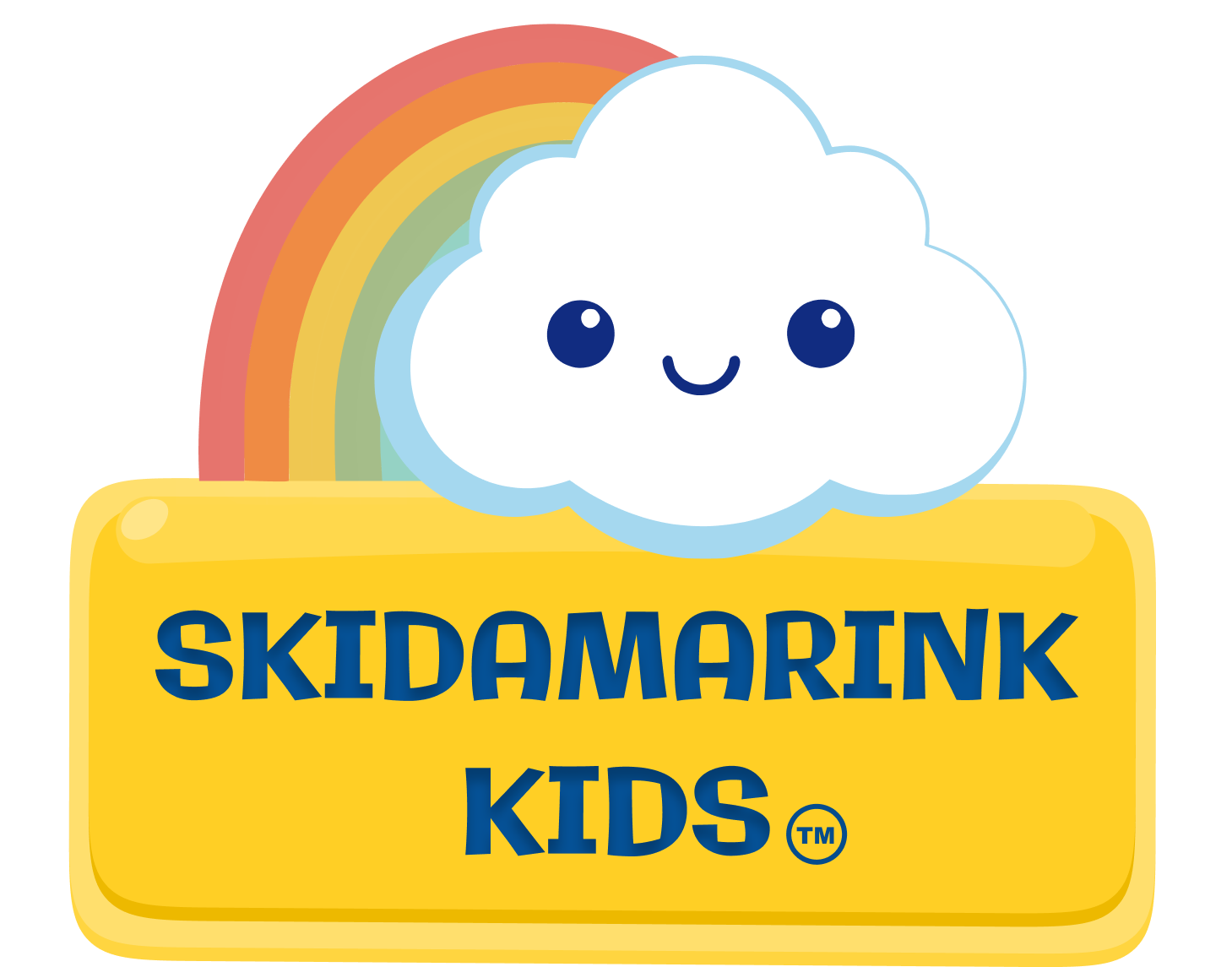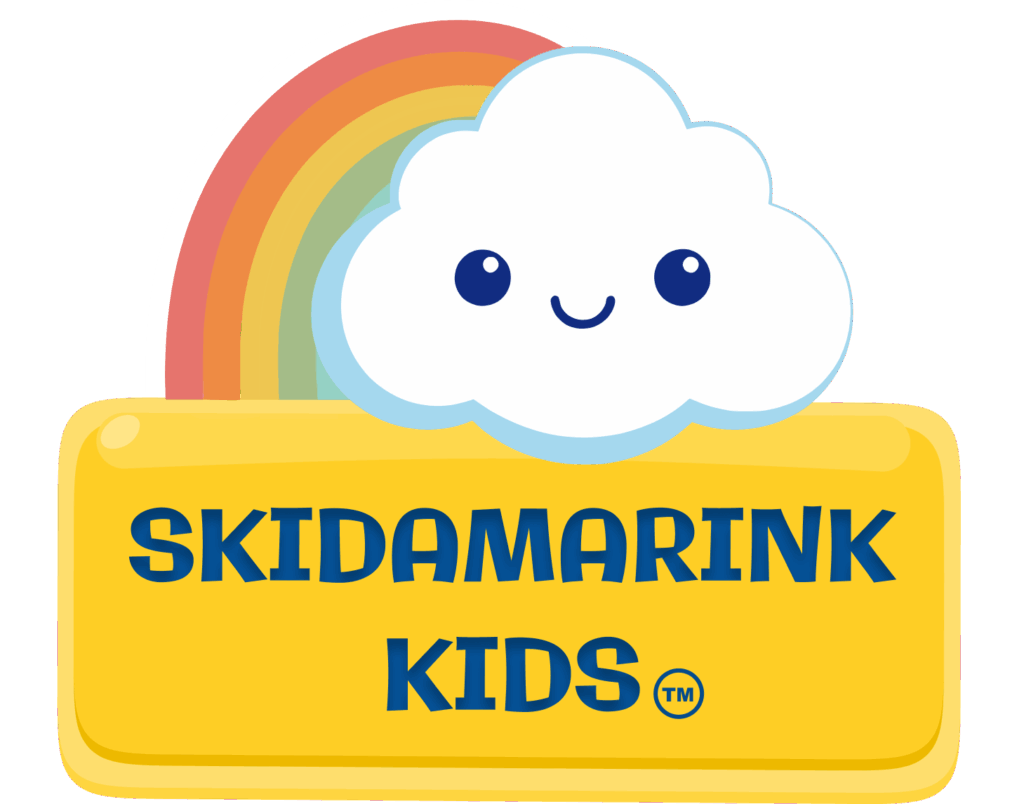Your child melts down in the grocery store after skipping their nap. They can’t focus on their favorite puzzle after a restless night. By evening, everyone’s exhausted and emotions run high. Sound familiar? Quality sleep makes a bigger difference than most of us realize, and building healthy sleep habits for kids can transform these challenging moments.
As parents, we’ve all been there. Those moments when an overtired child simply can’t cope. Sleep isn’t just about preventing these challenging moments though. It’s the foundation of our children’s growth and wellbeing. When kids get enough quality sleep, they’re better equipped to handle life’s ups and downs, from playground conflicts to learning challenges. A sleep-deprived child affects the whole family, adding stress and fatigue to everyone’s day.
These habits benefit your child’s overall development in ways you’ll see every day. Here’s a closer look at why sleep matters and practical ways to create better rest.
The Impact on Your Child's Daily Life
Good sleep isn’t just nice to have. Healthy sleep habits for kids create the foundation for their physical health, emotional balance, and learning success.
Physical Growth and Immune Function
During sleep, your child’s body works hard. Think of it as their personal repair and growth workshop. The body releases growth hormones, builds immune defenses, and recharges energy stores. That’s why a well-rested child often bounces back faster from scrapes and sniffles.
Emotional Regulation: The Connection Between Sleep and Behavior
We all know that feeling when our little ones running on empty. The tears, the tantrums, the overwhelming emotions. Quality sleep helps children manage these big feelings.
A well-rested child is more likely to:
- Handle frustration when that block tower tumbles
- Share toys with siblings or friends
- Stay calm when things don’t go as planned
- Show empathy for others
Learning and Focus
Just like a phone needs charging to function well, your child’s brain needs sleep to process all they’ve learned. Sleep enables the brain to process and store new information, strengthening memory and understanding. A lack of sleep makes it harder for children to concentrate and regulate their impulses.
Good rest allows their mind to:
- Retain what they learn and apply it
- Stay focused for longer periods
- Better control their impulses
The Challenges of Modern Life on Sleep
Modern lifestyles often interfere with children’s sleep quality. Between busy schedules, processed foods, and screen time, many factors work against good rest. This leads to challenges like trouble falling asleep and staying asleep.
Busy Schedules
A packed schedule leaves little time for physical exercise and wind-down activities. When children rush from one activity to another, their bodies never get a chance to slow down. This makes it hard for them to transition into sleep. The pressure to “do it all” affects both parents and kids, and sleep often gets pushed aside.
Dietary Habits
Diets high in processed or sugary foods can lead to inflammation and energy spikes. These make it harder for children to relax at night. Think about it: if your child’s body is still processing a sugar rush at bedtime, winding down becomes nearly impossible.
Screen Time
Screens emit blue light that disrupts melatonin production, which regulates the sleep cycle. Evening screen time also overstimulates the brain, impacting sleep readiness. Even after the screen turns off, the brain stays activated.
Building Healthy Sleep Habits for Kids: Daily Strategies
Create a predictable routine: Simple steps like a bath, applying calming lotion, reading, and sharing hugs signal their bodies to wind down. These cues prepare them for sleep. For more ideas on building effective routines, see How to Create Structure for Kids: Daily Routines That Work.
Stick to the routine: Use the same routine every night to create security. This supports a smoother transition to sleep.
Set A Reasonable Bedtime
Avoid overtiredness: Children who are overly tired often resist sleep. Aim for a bedtime that allows enough wind-down time before they’re too exhausted.
Create Positive Sleep Associations
Make bedtime positive: Use soothing items like a favorite stuffed animal or cozy blanket. Avoid using their bedroom for punishment, which can create negative associations with sleep.
Optimize the Sleep Environment: Sleep Hygiene
Dark, cool, and clutter-free rooms: These factors promote quality sleep by helping children feel comfortable and relaxed.
Turn off screens: Avoid screen time at least an hour before bed. Skip caffeine altogether to support a natural sleep cycle.

Calming Activities That Support Healthy Sleep Habits for Kids
Help Your Child Relax Before Bedtime
Encourage daytime physical activity: Outdoor play and exercise burn off energy and increase body temperature. Afterward, as the body’s temperature naturally decreases, it helps prep the body for sleep.
Use calming activities before bed: Deep-pressure hugs, gentle rocking, swaddling, weighted blankets, or compression blankets can help calm and organize the nervous system.
Use Comfort Items and Sensory Tools
Warm blankets or heated stuffed animals: These items help relax and soothe the nervous system. Monitor heat for safety just like bathe water!
White noise machines or calming sounds: Nature sounds or white noise create a comforting sleep environment.
Calming Visuals
Soothing visuals: Items like a lava lamp, fairy lights, night light, aquarium, or gentle nature-themed projections provide a calm, gentle focus as children drift off.
Teaching Your Child to Self-Soothe
Teach Relaxation Techniques
Encourage deep breathing or calming exercises: Teaching these relaxation strategies helps children learn to self-soothe. This is a valuable skill for managing stress.

Want Interactive Breathing Tools at Your Fingertips?
You and your child will love our fun interactive breathing tools. These animations turn deep breaths into an adventure! One of our favorites? The dragon who needs your child’s help breathing his way from grumpy to happy. When calming down feels like play, cooperation comes naturally.
Ready for more peaceful evenings? Download the Tantrum Tamer App and start enjoying bedtime again.
Create a Peaceful Mindset Before Sleep
Practice gratitude and release worries: Helping children shift into a peaceful mindset activates their rest and digest state. This is the body’s natural relaxation response that prepares them for sleep. For families of faith, this might include simple prayers where children thank God for their day and trust Him to watch over them while they sleep. The act of releasing worries and focusing on protection brings genuine peace that the body responds to physiologically.
For families who don’t share a faith perspective, the same principles apply. Take a few moments before bed to help your child think about what went well today. What made them smile? What are they looking forward to tomorrow? This practice of gratitude and positive focus still activates that same rest and digest state, helping their body transition naturally into sleep mode.
Either approach works because the science is the same. When children feel safe, grateful, and peaceful, their nervous system shifts out of stress mode and into rest mode. This also works well during the day as well. Our bodies weren’t made to function long term in a Fight, Flight or Freeze state. We were designed to use this during a real threat and to be able to get back into a state of rest. This is where we think logically and our body functions the best.
Healthy Sleep Habits for Kids: When Extra Support is Needed
If your child struggles with sleep, you’re not alone. Common challenges include resisting bedtime, night wakings, anxiety about sleeping alone, and changes in routine disrupting sleep patterns.
Try these gentle approaches:
- Stay calm and consistent with routines
- Address fears with compassion
- Add more “heavy work” or “deep pressure” sensory activities to daily routine
- Use positive reinforcement for good sleep habits
- Consider a sleep clock or visual schedule for older children
When Your Child Needs Extra Nervous System Support
Some children need additional support to sleep well. If you’ve tried standard strategies and your child still struggles, their nervous system might need extra help calming down. Here are three approaches that can make a difference:
Fear Paralysis Reflex Integration: Does your child startle easily or seem anxious most of the time? The Fear Paralysis Reflex Integration “Animals” Exercise can help. Complete this gentle movement exercise 2 times a week for 4-6 weeks to calm the nervous system. Parents report calming during the day and improved sleep at night!
Watch: Signs of Fear Paralysis Reflex → and Watch: Exercise Demonstration→
Whole Tones music – harnesses the power of music through solfeggio frequencies, promoting enhanced sleep, stress relief, and holistic wellbeing
Grounding Activities: Morning grounding in grass or using grounding mats throughout the day helps regulate the nervous system. When the nervous system stays calmer during the day, nighttime sleep improves naturally.
For more detailed strategies, see How to Calm Child Naturally: Brain-Supporting Activities.
Healthy Sleep Habits for Kids: Age-Based Requirements
Newborns (0-3 months): 14-17 hours
Infants (4-11 months): 12-15 hours
Toddlers (1-2 years): 11-14 hours
Preschoolers (3-5 years): 10-13 hours
School-age (6-13 years): 9-11 hours
Teenagers (14-17 years): 8-10 hours
Source: American Academy of Sleep Medicine
Building Long-Term Sleep Success
Remember, sleep patterns evolve as your child grows. What works today might need adjusting tomorrow. Be patient with yourself and your child as you find what works for your family.
Developing healthy sleep habits for kids takes time and consistency. With patience and the right strategies, better sleep is possible for your whole family.
Make Bedtime Easier with Tantrum Tamer
Struggling to get your child to cooperate at bedtime? You’re not alone. Consistency is key, and that’s where we can help. The Tantrum Tamer App is your partner in creating better sleep routines.
What makes bedtime easier:
- Daily schedule builder- Guides you in creating the right daytime routine so your child arrives at bedtime naturally tired and ready for rest
- Interactive voice prompts – Boost cooperation during the bedtime routine, turning resistance into engagement
- Transition tools –Help you stick with your routine even on tough nights
When your child’s whole day is structured well, bedtime becomes the natural conclusion instead of a nightly battle. The app takes the guesswork out of building routines that actually work.
Ready for more peaceful evenings? Download Tantrum Tamer App and start enjoying bedtime again.
Healthy Sleep Habits for Kids: Additional Support
For more guidance on helping your little ones sleep better:
- TakingCaraBabies – Comprehensive sleep support website!
- Your pediatrician can offer personalized advice
- Local parent groups often share practical tips and support
Remember:
You know your child best. These guidelines are just that – guidelines. Adjust them to fit your family’s unique needs while keeping consistent, healthy sleep habits at the core.
With patience and consistency, better sleep is possible. Sweet dreams!
– Kendra
Note to Parents
This blog is for informational purposes and not medical advice. My desire is to help you do what you can to support your child’s development in a natural way. Please reach out to your child’s pediatrician if you have developmental concerns.








